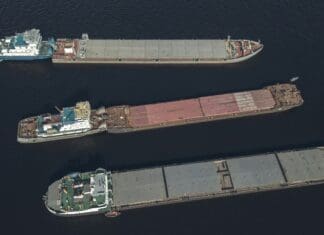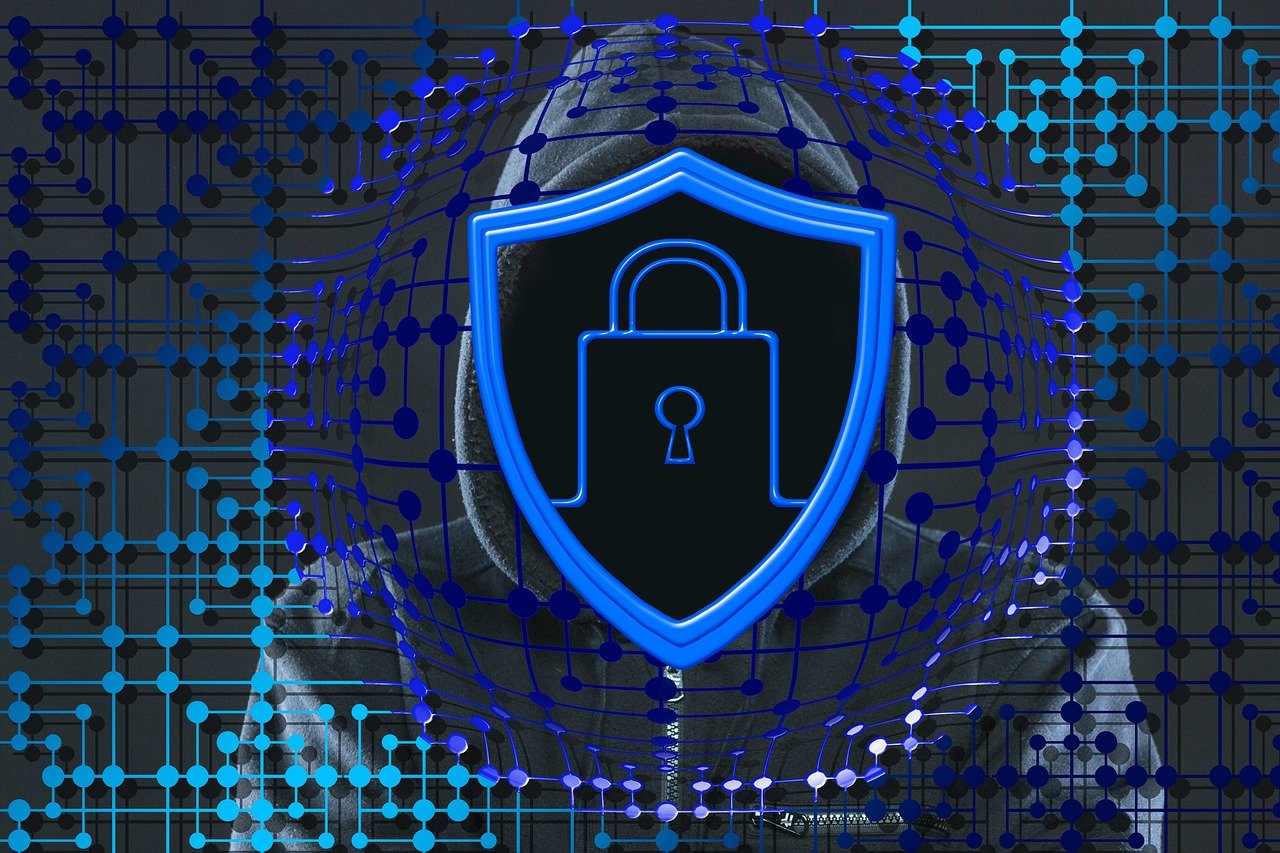
To Read This Article In Hebrew
.
 The strong defense ties between the US and Israel are being reflected also in what is considered homeland security. The American chamber of commerce has recently described its point of view on the subject.
The strong defense ties between the US and Israel are being reflected also in what is considered homeland security. The American chamber of commerce has recently described its point of view on the subject.
Here is the document that gives a very good background to all parties involved in the USA – Israeli homeland security market.
Homeland security encompasses a broad range of stakeholders from the public and private sector and is an area of enormous collaboration between the United States and Israel. From sub-sectors such as border protection technologies to cyber-security, the U.S. and Israel are working together both on the intelligence and commercial side in unprecedented ways. There is a strong “spillover effect” into homeland security from Israel’s long-standing defense relationship with the United States, including a strong partnership with our private sector defense industrial base. Israel has earned itself a global reputation as a forerunner for providing leading security solutions and continues to successfully partner with key world players to protect airports, seaports, government offices, financial institutions, recreational centers, international events, and beyond.
To further this cooperation, the United States Congress has recently passed the United States-Israel Enhanced Security Cooperation Act of 2012. The legislation recommends several ways to strengthen bilateral cooperation in a range of areas including homeland security, advanced technology, border security, energy, intelligence, and cyber-security. Through this partnership, both countries have a tremendous opportunity to collaborate further and innovate our path to smarter security.
Statistics about Israel’s Homeland Security Sector:
- An estimated 600 Israeli companies are active in the security sector, with the following breakdown: 35% technologies, 35% products, 20% IT & software 10% services.
- Approximately 350 Israeli security companies export their products worldwide.
- The revenue of Israel’s security industry is approximately $4 billion, with 25% of that, or $1 billion, exports.
- The sector market growth is forecasted at 10-15% per year through 2010.
Cyber-security plays a large role in the HLS industry, especially in Israel. Israel is a world leader in high-tech and cyber-security innovation. In August they established a National Cyber Directorate to coordinate cyber-security development for Israel’s military, security and industrial sector. Funding is anticipated at 300 million NIS annually (roughly $78 million) with another 200 million NIS to be provided by the private sector. Israel was recently praised for its cyber-security efforts in a global ranking report released in early 2012. It is with good reason as they are one of the world’s leaders in defending cyberspace – Israel sees 1,000 cyber attacks every minute. While many countries are beginning to realize the threat of a vulnerable cyber infrastructure, the Israelis are well ahead of the curve thanks to their ability to identify cyber security risks nearly ten years ago.
Ports of Entry and Aviation Security: Israel has been aggressive in their pursuit of aviation, supply chain and border security in an effort to keep harmful people and products from their population. Their border security techniques withstand the highest scrutiny, and any breakdown could have immediate and detrimental impacts. Aviation security also demands technology and risk-based targeting to ensure passengers are protected. The same issues apply for supply chain and port security, as exports and imports cross their borders every minute.
Critical Infrastructure Protection: Companies with an interest in Israel’s progression and activity in its infrastructure have been involved in numerous projects including sensors, intrusion detection, image processing, surveillance, commodity protection, and many others. In 2004, Israeli Export and International Cooperation Institute (IEICI) launched the HLS Master-key Project to assist and promote the Israeli-American cooperation both in the US and globally and 200 Israeli companies joined the project. 15 Israeli companies participated in a $200 million project for the Athens 2004 Olympic Games. Activities included venue protection, command and control rooms, maritime security, airports, urban security, crowd control, preparation of law-enforcement units, access control, communications and more. In March 2010, the US and Israel signed an agreement to increase aviation security cooperation emphasizing drills that review procedures in case of attacks and share codes that send immediate alerts if passengers try to commit acts of terror. Israel has also constructed an additional operations room for the national electricity grid, and doubled the main operating center of computer and communications networks as well as the water supply.
Emergency Management: Effective preparation, response, and recovery are the key aspects of emergency management that will save lives and minimize property damage. Israel’s experience dealing with terrorism, commencing far before 9/11, is considered to be integral to its homeland security, one that provides it with a comparative advantage as it competes in the global markets. Its experience in this arena is sobering, but realistic. Israel is unrivaled in having such a large proportion of citizens with real time experience in the army, security and police forces. Israeli security experts dedicated to emergency management even goes as far as to train U.S. ground police personnel and first responder teams to be more effective safeguarding passengers at airports, thus preventing future terrorist attacks. Due to this humbling advantage, Israel attracts not only HLS industry centered companies, but companies from a broader range of sectors. To further expand their expertise, Israel facilitates several training missions within its borders, as well as externally, including several U.S. airports, police academies, agencies, and other law enforcement agencies.
Securing the Smart City: Urban residents must be protected from home-grown and imported terror. Israel is a leader in developing best practices and novel technologies to protect its cities and towns from internal threats. Israel has developed a range of capabilities to ensure continuity of key commercial and civilian services in spite of “worst case scenarios.” For example, Israel has built a facility that will enable the stock market to continue functioning in the case of a protracted war.
Technology is another key focal area in context of homeland security. Israel leads the world in start-ups per capita, has more venture capital money flowing in than France, Germany, and the United Kingdom combined, all investing in Israel’s technology rich ecosystem. More than 100 American companies, including tech giants, such as Intel, IBM, Microsoft, Google, have major R&D facilities in Israel. On homeland security, biometrics, forensics, surveillance etc. play a pivotal role and companies in the technology industry may find it appropriate and effective to create a presence in the homeland security sector in Israel.

























